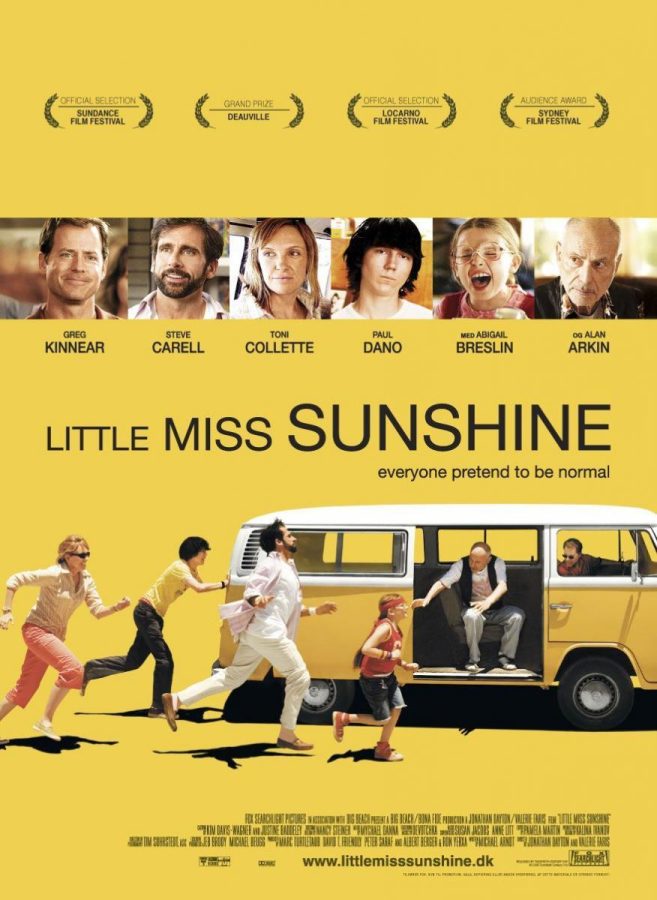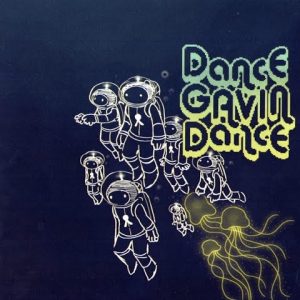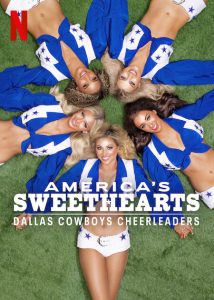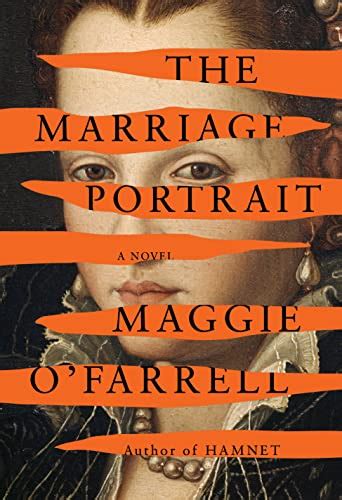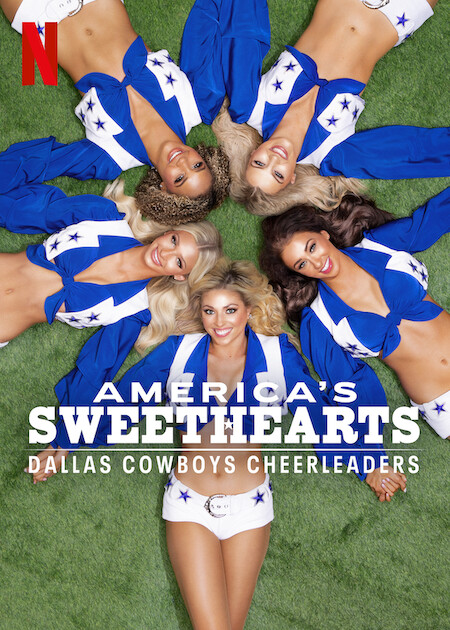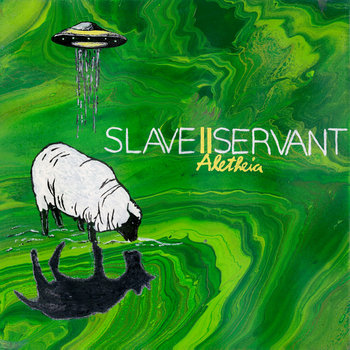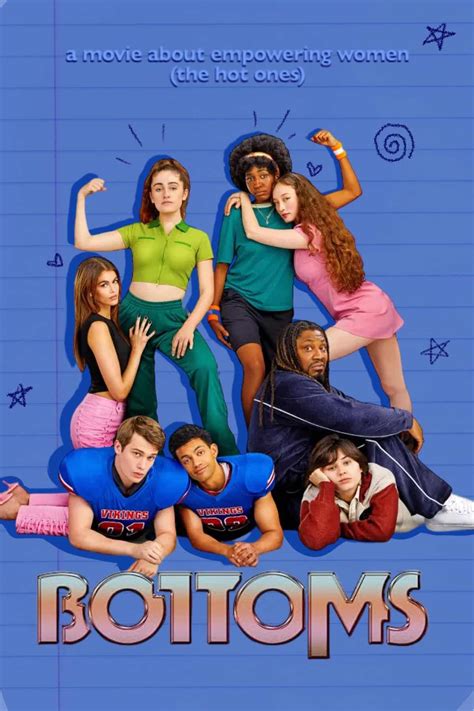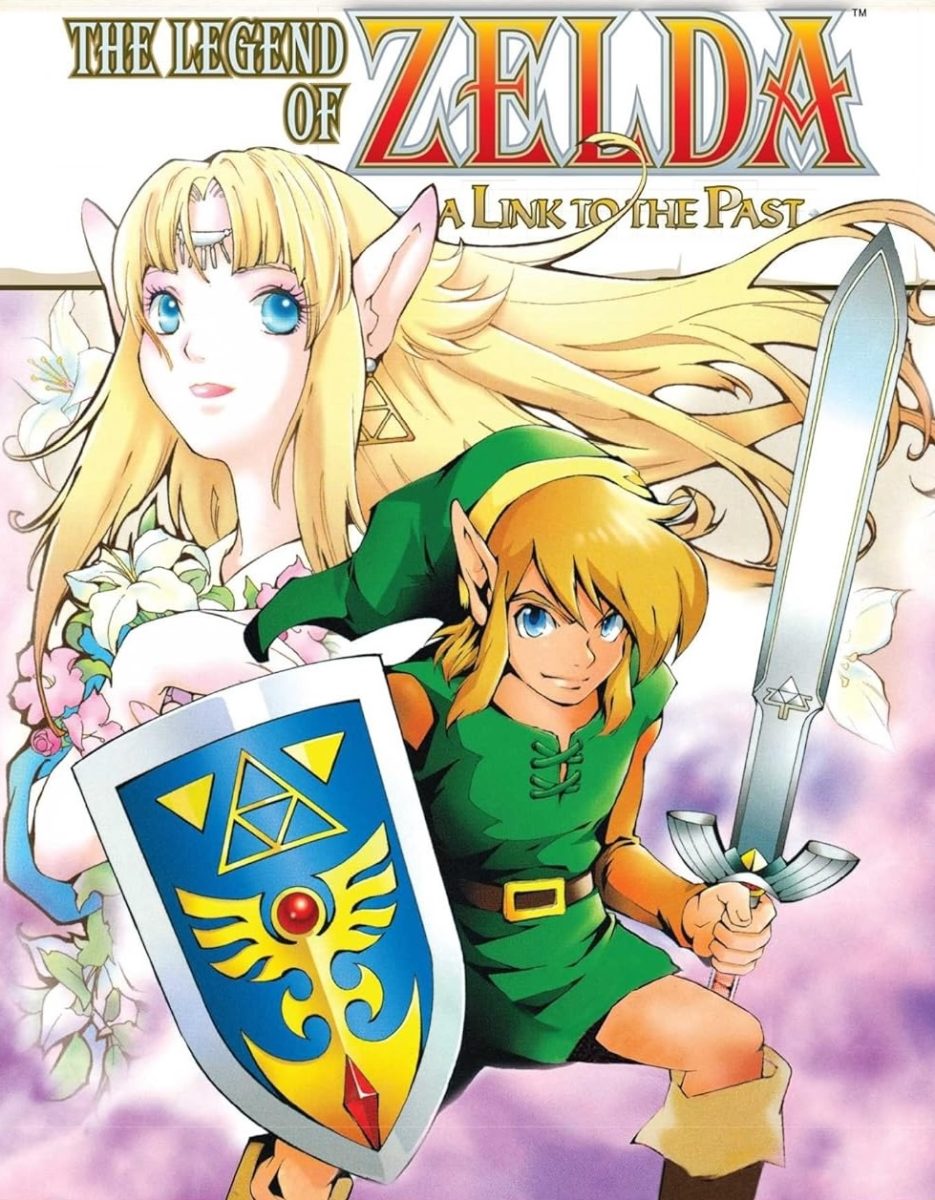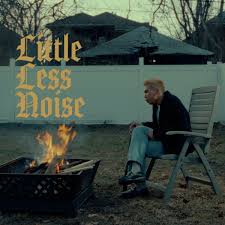“Little Miss Sunshine” Embraces the Disappointment in Life
“Little Miss Sunshine” is inspirational in its disappointment, giving us a new view on life and its challenges.
April 24, 2023
“Little Miss Sunshine,” an idiosyncratic movie released in 2006, starred some now-recognizable names, namely Steve Carrell of “The Office,” Toni Collette of “Hereditary” and Paul Dano of “The Batman.” Among them is the young, up-and-coming Abigail Breslin, as well as Greg Kinnear and Alan Arkin.
So, given all these stars, some of whom were famous even then, it’s heartwarming to see such a movie come together. It’s a passion project, for the sake of the creators and the audience alike.
The story follows the Hoover family, as they travel across the country to help Olive (Breslin), who dreams of becoming a pageant queen, attend the Little Miss Sunshine pageant in California. Along the way, her father Richard (Kinnear) battles with a sleazy salesman about getting his book published, her brother Dwayne (Dano) is determined to enter the airforce, and her uncle Frank (Carrell) is recovering from a recent suicide attempt after losing the love of his life. With Sheryl (Collette), the mother, trying to keep tensions subdued and Edwin (Arkin), the grandfather, obsessed with women and drugs in his final years, “Little Miss Sunshine” gives us a cast of characters trying their hardest to accomplish their goals, to varying successes.
Nine-steps is what Richard preaches. His steps, he claims, will bring everything you want from life to you, and in life there are only “winners,” and “losers.” It’s this view on life that starts the movie, and it’s over the course of Richard’s, as well as everybody else’s failures, that we realize there’s a deeper truth to this, one that Olive is told directly by Erwin. The only losers are the ones who are so afraid of losing that they never try.
On the other side of the spectrum or maybe unknowingly close to Richard’s is Frank’s view on life. By the end of the film, he has lived out an idea that comes from his favorite author, 19th-century French novelist Marcel Proust, namely that the years suffered are the best years of your life. Those are the ones that teach you the most.
In the movie, there’s a dark sense of humor, so following every sullen beat is something clever.
Hugging Frank, Sheryl says, “I’m so glad you’re here.”
“That makes one of us,” Frank dryly replies.
There are happier jests, particularly one where Frank, in addition to everybody else in the family, is helping to start their road-tripping bus back up by pushing it, and he says, “I’m the preeminent Proust scholar.”
Even in the larger narratives of the film, there’s a punchline to each one. Frank, who lost the love of his life, sees him again in a gas station when he’s buying Edwin some not-so-sightly magazines. Upon seeing those, we see Frank’s lost-love grin, and Frank grows dim realizing what just happened. When Grossman promises Richard a life of riches, there’s a disappointment in what comes of it that’s so upsetting it’s laughable.
Kinnear as Richard gives a varied performance, with a range that goes from infuriated in the hotel with Sheryl, frustrated by Grossman’s disappointing news and what it means for their family financially, to keeping his laughter in while he’s at the beauty pageant, put back by the bizarreness of it.
Arkin as the grandfather, Edwin, is superb in displaying a laid-back, forgetful attitude in his character’s age, a retiree whose dreams of a senior home were swiped away in a scam. His playfulness with Olive when they’re rehearsing her dance for the beauty pageant, as well as his heartfelt talk with her, show a caring and kind side to a character who’s otherwise a sleazeball, commanding Dwayne to have as much sex as possible before he reaches adulthood.
Collette stands out as Sheryl, the harrowed mother who’s there to account for and correct the misgivings of every character, including Richard’s slights against Olive’s weight in light of the pageant. The back-and-forth between her and Richard, much of it existing in their eye contact, is one of the more memorable times, teaching Olive that her mother will love her no matter what she looks like. Scenes later, we see her crying in a hospital waiting room as she talks about what might come of Edwin’s rush to the emergency room, as she says, “We’re a family. And what’s important is that we love each other. And I love you guys so, so much.”
“Little Miss Sunshine”‘s ending is admirable, bringing together ideas of how we see life and what it’s all about that the film had been contemplating for the runtime. It was an ending that felt earned, which is something that doesn’t always work out for a comedy, especially a dark one.
I was charmed, enwrapped, and unsettled by the movie, something that can’t be said about many of the ones I’ve seen recently. It’s absolutely worth watching if you haven’t seen it, and it’s available on Hulu. 5/5


